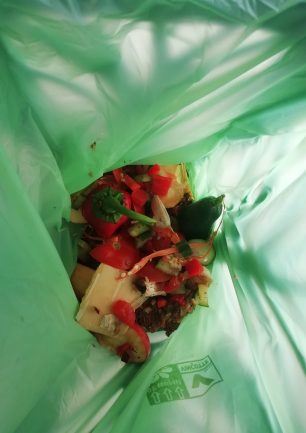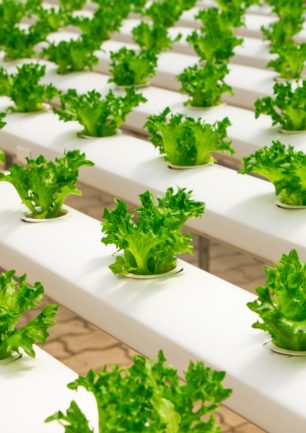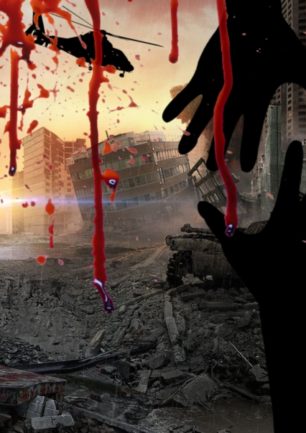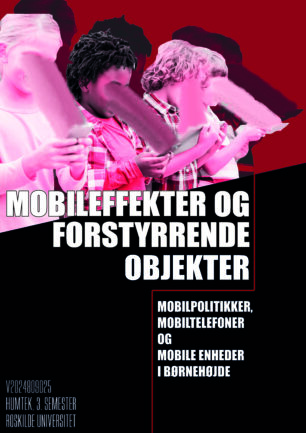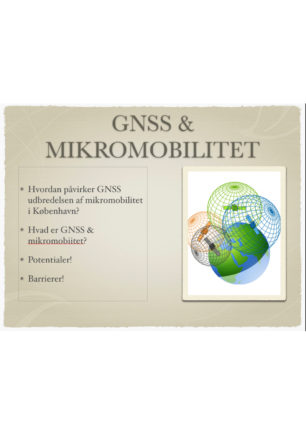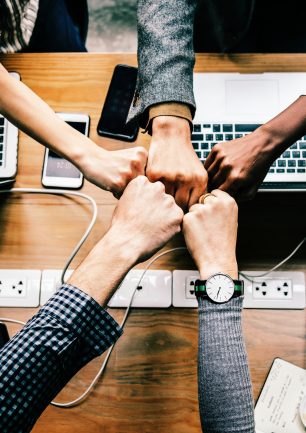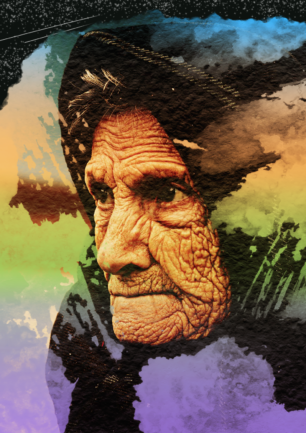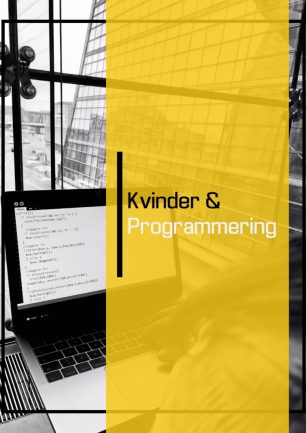Mobileffekter og forstyrrende objekter
This paper concludes that the observed children can be distracted by objects in the classroom, both mobile devices and non-technological
objects. However, mobile devices have certain affordances that intentionally invite
the user to be distracted. Therefore, we conclude that it is effective for schools to
make rules and policies regarding the use of mobile devices. However, it can be
discussed whether we, as adults, can make these statements about the lives of
children, when we have an entirely different lifeworld perspective.
